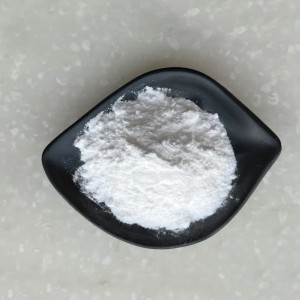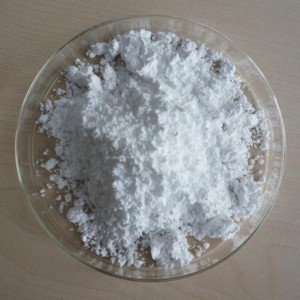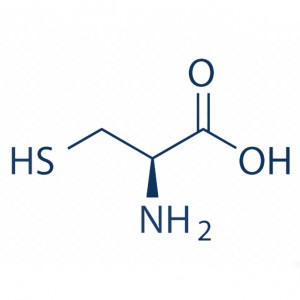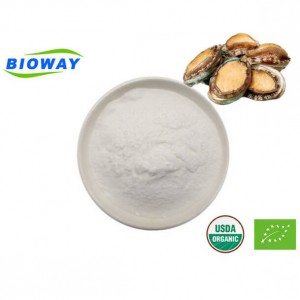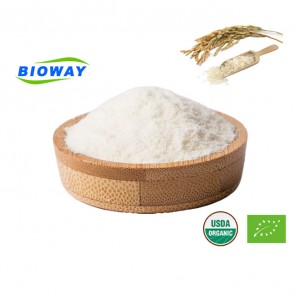Natural L-Cysteine Powder
food and dietary supplements as an alternative to the synthetic form of L-Cysteine that is produced through chemical synthesis. Natural L-Cysteine is chemically identical to the synthetic version, but it is generally considered to be a more natural and sustainable alternative. Natural L-Cysteine can be derived from a number of plant sources such as garlic, onions, and broccoli. It can also be produced by certain bacteria such as Escherichia coli and Lactobacillus bulgaricus. The natural sources of L-Cysteine are considered to be safe for consumption and are often used as an ingredient in many dietary supplements and functional food products. In addition to its use in food, natural L-Cysteine has also been studied for its potential health benefits. It has been found to have antioxidant properties, which may help to protect against cellular damage and reduce the risk of chronic diseases such as cancer and cardiovascular disease. L-Cysteine has also been shown to support liver function and help detoxify harmful substances in the body.
L-Cysteine is a versatile compound with a variety of uses in food processing and other industries. It is commonly used as a dough conditioner and reducing agent in baked goods and is also used as a flavor enhancer in some foods because of its distinctive aroma. It is also used in the production of nutritional supplements, cosmetics, and pharmaceuticals. One of the most important benefits of L-Cysteine is its ability to improve gluten quality and enhance the fermentation process in bread-making. It helps to weaken protein structures by forming and disrupting disulfide bonds, which allows the dough to stretch and rise more easily. As a result, less mixing time and energy are required. This property of L-Cysteine makes it an essential ingredient in many bread recipes and improves their overall quality.
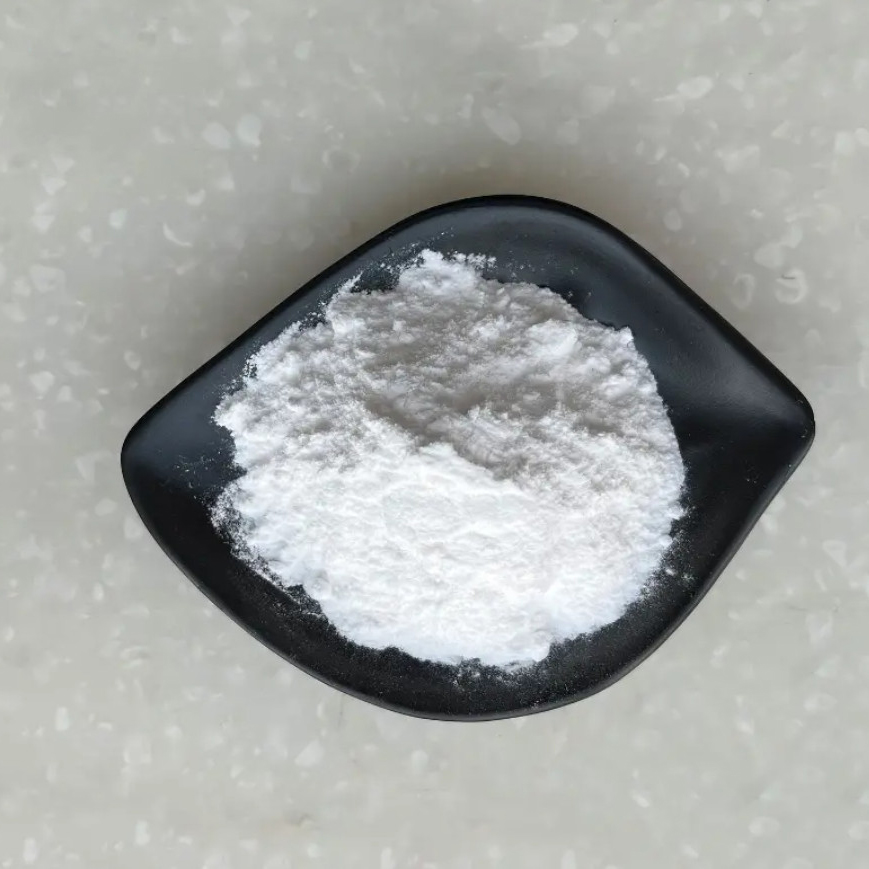
| Product: | l-cysteine | EINECS No: | 200-158-2 |
| CAS NO: | 52-90-4 | Molecular Formula: | C3H7NO2S |
| Item | Specification |
| Physical Property | |
| Appearance | Powder |
| Color | off white |
| Odour | Characteristic |
| Mesh Size | 100% through 80% mesh size |
| General Analysis | |
| Identification
Raspberry Ketone Loss on Drying |
Identical to R.S. sample
98% ≤5.0% |
| Ash | ≤5.0% |
| Contaminants | |
| Solvents Residue | Meet Eur.Ph6.0<5.4> |
| Pesticides Residue | Meet USP32<561> |
| Lead(Pb) | ≤3.0mg/kg |
| Arsenic(As) | ≤2.0mg/kg |
| Cadmium(Cd) | ≤1.0mg/kg |
| Mercury(Hg) | ≤0.1mg/kg |
| Microbiological | |
| Total Plate Count | ≤1000cfu/g |
| Yeast &Mold | ≤100cfu/g |
| E.Coli. | Negative |
| Salmonella | Negative |
1. Purity: It is highly pure, with a minimum purity level of 98%. This ensures that the product is free from impurities and contaminants.
2. Solubility: It is highly soluble in water and other solvents, making it easy to incorporate into different formulations.
3. Stability: It is stable under normal storage conditions, and does not degrade easily. This helps to maintain its quality over time.
4. White color: It is white in color, which makes it easy to use in different food and supplement products without affecting their appearance.
5. Flavor and aroma: It is virtually odorless and has a slightly sweet taste, making it easy to use in different food products without affecting their flavor.
6. Allergen-free: It is allergen-free and can be safely used by individuals with different dietary restrictions.
Overall, natural L-Cysteine powder is a high-quality ingredient that offers several benefits for the food and supplement industries. Its purity, solubility, stability, white color, flavor, and allergen-free nature make it a versatile and ideal ingredient for a wide range of applications.
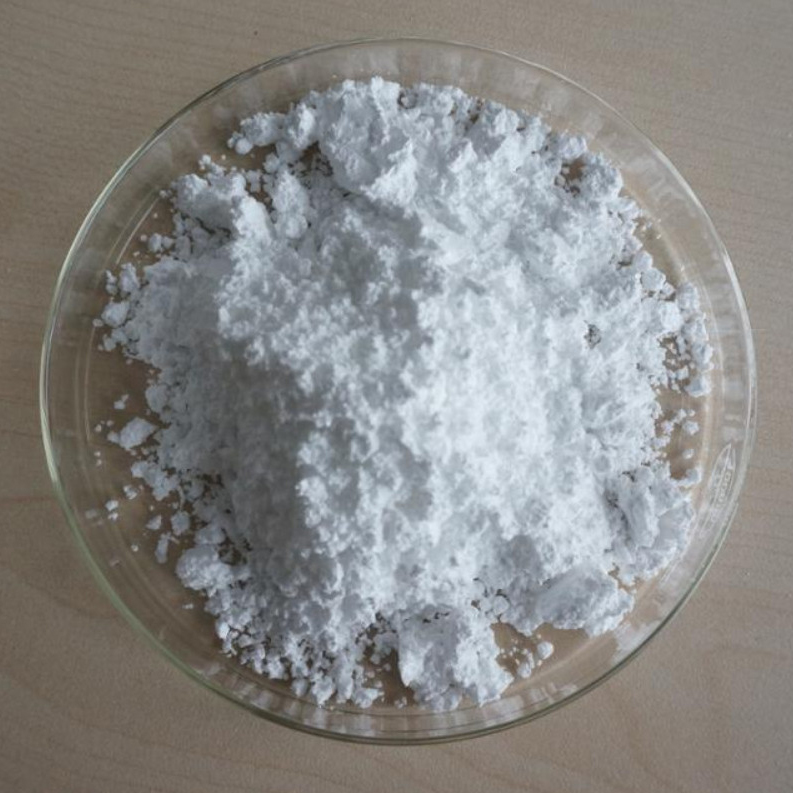
Natural L-Cysteine powder has various health benefits, which include:
1.Antioxidant properties: it contains sulfhydryl groups that act as antioxidants. It helps to neutralize harmful free radicals that can cause cellular damage in the body.
2.Immune support: It helps to support immune function by supporting the production of glutathione, which is a powerful antioxidant that helps to strengthen the immune system.
3.Detoxification: It helps to detoxify the body by binding to toxins and heavy metals in the body and removing them through urine.
4. Respiratory health: It is used to treat respiratory conditions such as bronchitis, COPD, and asthma. It helps to break up mucus and improve breathing function.
5. Skin and hair health: It can help to improve the health of the skin and hair by promoting collagen production, reducing wrinkles, and improving hair texture and growth.
6. Liver health: It can support liver function by supporting the production of glutathione, which is essential for detoxification and liver health.
Overall, it offers several health benefits, including antioxidant, immune-supporting, detoxifying, and respiratory-supporting properties. It is a valuable nutrient for maintaining overall health and well-being.
Natural L-Cysteine powder has a wide range of applications in different industries, including:
1.Food industry: it is used as a dough conditioner in baked goods such as bread, cakes, and pizza crusts. It helps to improve the texture, rise, and elasticity of the dough. It is also used as a flavor enhancer in savory food products such as soups and sauces.
2. Supplement industry: it is used in dietary supplements for its antioxidant properties. It helps to protect against cellular damage caused by free radicals. It is also used for detoxification and immune support.
3. Cosmetics industry: it is used as an ingredient in hair care products such as shampoos and conditioners. It helps to improve the strength and texture of hair and can also promote hair growth. It is also used in skin care products as an antioxidant and for its anti-aging properties.
4. Pharmaceutical industry: it is used as an ingredient in cough syrups and expectorants. It helps to break up mucus and make it easier to cough up. It is also used as a supplement for treating conditions such as fatty liver disease and lung diseases.

Please refer to below our product flow chart.
Natural L-Cysteine powder is typically produced through the fermentation process of certain strains of bacteria, specifically E. coli or baker's yeast (Saccharomyces cerevisiae). These strains of bacteria are genetically engineered to produce L-Cysteine. The fermentation process involves feeding the bacteria with a sugar source, usually glucose or molasses, which is rich in sulfur. The bacteria then convert the sulfur and other nutrients in the sugar source into amino acids, including L-Cysteine. The resulting amino acids are then extracted and purified to produce Natural L-Cysteine powder.
Storage: Keep in a cool, dry, and clean place, Protect from moisture and direct light.
Bulk Package: 25kg/drum.
Lead Time: 7 days after your order.
Shelf Life: 2 years.
Remark: Customized specifications also can be achieved.
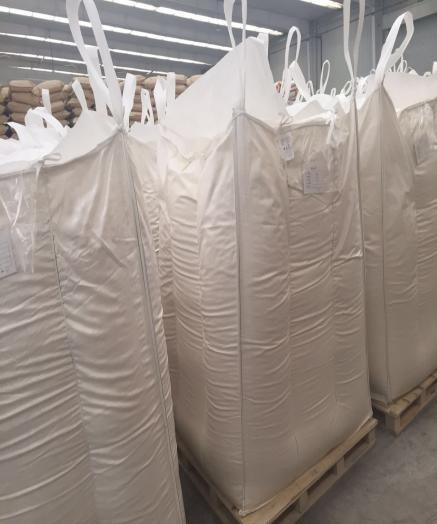
20kg/bags
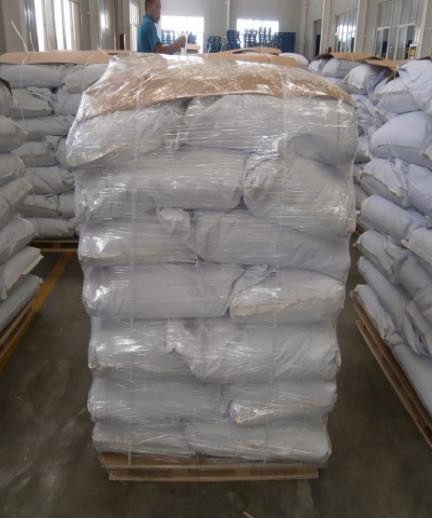
Reinforced packaging
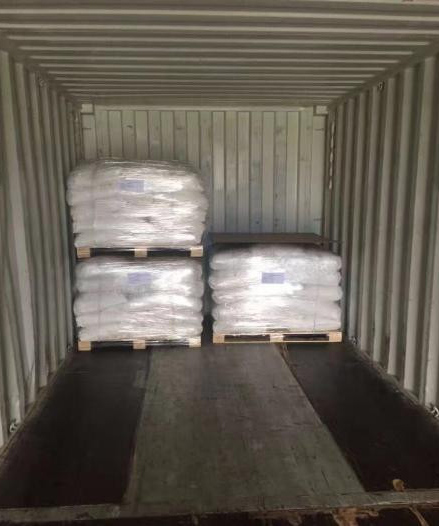
Logistics security
Express
Under 100kg, 3-5Days
Door to door service easy to pick up the goods
By Sea
Over300kg, Around 30 Days
Port to port service professional clearance broker needed
By Air
100kg-1000kg, 5-7Days
Airport to airport service professional clearance broker needed

Natural L-Cysteine Powder is certified by ISO, HALAL, KOSHER and HACCP certificates.

NAC (N-acetylcysteine) is a modified form of the amino acid L-cysteine, where an acetyl group is attached to the sulfur atom present in L-cysteine. This modification enhances the solubility and stability of the amino acid, making it easier to absorb and use by the body. NAC is also a precursor to glutathione, an important antioxidant in the body. While both NAC and L-cysteine have similar health benefits, such as supporting liver function and promoting respiratory health, they are not exactly the same. NAC has some unique benefits due to its modification and should not be substituted for L-cysteine without consulting a healthcare professional.
L-Cysteine is an amino acid that is commonly derived from animal sources such as poultry feathers and swine bristles. However, it can also be produced through microbial fermentation or synthesized chemically. While L-Cysteine can potentially be sourced from plant-based materials such as soybeans, it is generally considered to be more difficult and expensive to extract from plant sources. As a result, L-Cysteine is mainly obtained from animal sources or produced synthetically.
Both L-Cysteine and N-acetylcysteine (NAC) are sources of cysteine, an amino acid that is an important building block for proteins in the body. While both can provide similar benefits, NAC is often preferred over L-Cysteine due to its better absorbability and bioavailability. NAC is also more commonly used as a supplement than L-Cysteine because it is a more stable form of cysteine and is readily absorbed by the body. It is also known for its antioxidant properties, which can help to protect the body against harmful free radicals. NAC is often used to support respiratory health, liver function, and immune system function. However, it is worth noting that both L-Cysteine and NAC may have potential side effects and should be taken under the guidance of a healthcare professional. It is also important to choose high-quality supplements from reputable manufacturers to ensure safety and efficacy.
Cysteine is found in high-protein foods like meat, poultry, fish, and dairy products. Other good sources of cysteine include soybeans, lentils, and whole grains. Here are some examples of the specific cysteine content of some common foods per 100 grams:
- Chicken breast: 1.7 grams
- Turkey breast: 2.1 grams
- Pork loin: 1.2 grams
- Tuna: 0.7 grams
- Cottage cheese: 0.6 grams
- Lentils: 1.3 grams
- Soybeans: 1.5 grams
- Oats: 0.7 grams Note that cysteine is an amino acid that our bodies can synthesize from other amino acids, so it is not considered an essential nutrient. However, dietary sources of cysteine can still be beneficial for maintaining good health.
Cysteine and L-Cysteine are actually the same amino acid, but they can exist in different forms. L-Cysteine is the specific form of cysteine that is commonly used in nutritional supplements and food additives. The "L" in L-Cysteine refers to its stereochemistry, which is the orientation of its molecular structure. L-Cysteine is the isomer that is found naturally in proteins and is easily assimilated by the body, while the D- cysteine isomer is less common and not readily metabolized in the body. Therefore, when referring to L-Cysteine, it usually implies the form that is most biologically active and commonly used in nutritional and industrial applications.
Cysteine is an amino acid found in many protein sources, including animal products like meat, poultry, fish, and dairy, as well as plant-based sources. Some of the best plant-based sources of cysteine are: - Legumes: Lentils, chickpeas, black beans, kidney beans, and white beans are all rich in cysteine. - Quinoa: This gluten-free grain contains all nine essential amino acids, including cysteine. - Oats: Oats are a good source of cysteine, with 100 grams of oats containing about 0.46 grams of cysteine. - Nuts and seeds: Brazil nuts, sunflower seeds, and sesame seeds are all good sources of cysteine. - Brussels sprouts: These cruciferous vegetables are a perfect source of vitamins, fiber, and cysteine. While plant sources of cysteine may be lower in overall levels than animal sources, it is still possible to consume adequate amounts of cysteine on a plant-based diet by incorporating a variety of these sources into your diet.



